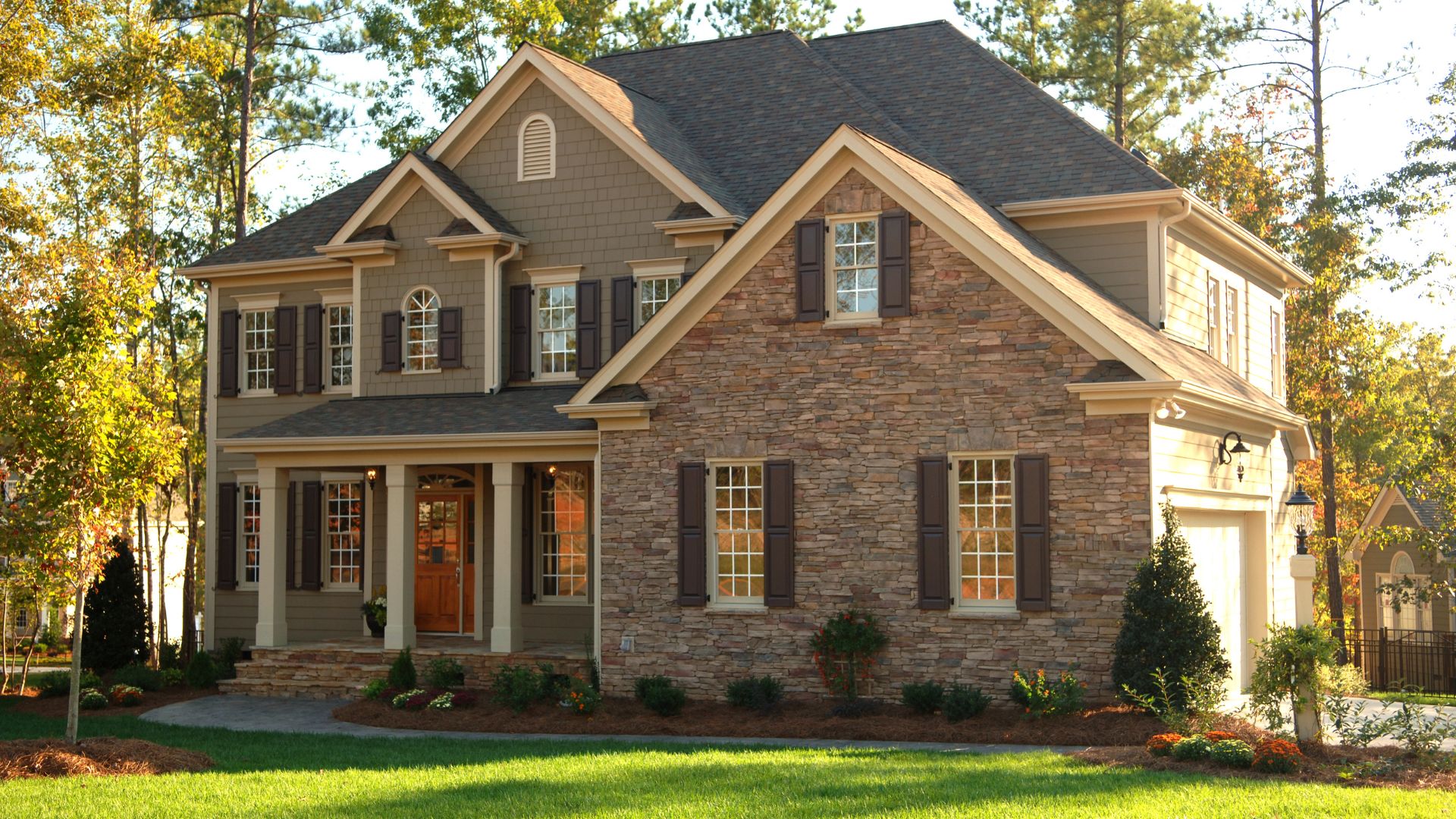Choosing the best offer on your home isn’t always easy. Everyone wants to get the most money for their home. Sometimes it seems like the highest offer is the best one.
But that isn’t always true.
There are a few things to consider besides that offer figure. You’ve got to factor in closing costs, concessions, pre-approvals, and so on. Here’s how to make sure you choose the best offer for your home.
Consider Contingencies
It’s always tempting to choose the highest bidder. But seller beware: there are a few situations that a contingency may lessen the value of the offer.
A contingency, or a clause that allows the buyer to cancel their contract in certain circumstances, is often related to inspections or repairs. If the two parties cannot agree on certain terms after the house has been put under contract, the buyer may be able to legally back out.
Inspection Contingency
For example, a buyer may add an inspection contingency in their contract. If the inspection reveals expensive repairs needed on the property, the buyer may choose to rescind their offer.
This will have a negative effect on your sale process. It’s always better to take care of repairs and inspections prior to sales. But some people are in a time crunch, or the house may have very expensive repairs that are necessary.
While some people buy with the idea of making repairs, they usually want to know exactly what those repairs entail. If you haven’t inspected your home in a while, a high offer with an inspection contingency in the contract may not be for you.
Financing Contingency
This is a clause that allows the buyer to void their offer if their financing falls through. It’s a difficult thing to spend time and money selling your house to someone, only to find out that they cannot get their desired funding!
Make sure your agent thoroughly vets the buyers ability to purchase the property before accepting a high offer with financing contingencies.
Appraisal Contingency
This is a clause that allows a buyer to withdraw or cancel their offer if the appraisal value of the home doesn’t match the offer value. If you feel that your home won’t appraise with a higher offer, then keeping the appraisal contingency may not be best. Or make sure to negotiate that the buyer will cover the difference between offer price & appraised value.
Home Sale Contingency
Many buyers start looking for a home before they move out of their old one. The home sale contingency clause is a way for their offer to be void if their old house doesn’t sell in time. It will keep your listing off the market as well, wasting precious time your home has in front of other potential buyers.
Be sure that you have time to wait for another house to sell and that you’re dealing with a motivated seller in cases like this.
Consider the All-Cash Difference
An all-cash offer isn’t usually the highest one. People can score significant discounts when buying with cash, and they know it.
But this is often the safest option as well as one of the most profitable choices. An all-cash buyer doesn’t need to worry about their financing going through. They just buy they house.
It is often a profitable choice for sellers because these offers don’t usually come with contingencies or other reasons for someone to withdraw the offer. A cash buyer is going to buy within a reasonable time frame, saving you a lot of time showing and selling to prospects.
And time is money! Sometimes selling quickly is the most profitable when everything is considered. Showing can take a lot of energy.
Consider Closing Costs
There are buyers who are very motivated. They may offer to help pay for closing costs, and they may have a timeframe of a couple of weeks rather than a couple of months. Consider all the expenses involved with moving as you calculate the final figure.
Consider Earnest Money
Earnest money is usually one to three percent of the asking price of the home. It tells a seller the amount of “skin in the game” a buyer might have. A larger earnest money doesn’t mean a better offer since those monies will go toward the down payment. A buyer can still have issues closing.
Consider Loan Type
There are a few common types of loans, and they have different degrees of difficulty. Unless a buyer is fully approved it may not make it any easier to get to the finish line. The highest offer does not guarantee a successful close.
Lay It All Out in a Spreadsheet
Make sure to calculate everything. Consider whether you will take your appliances with you, how long it will take a buyer to close, whether they have earnest money, and the loan type.
Cash offers can be a good way to go, but cash buyers are rare. Choose a strong buyer who will be able to complete the sale in a timely manner.


